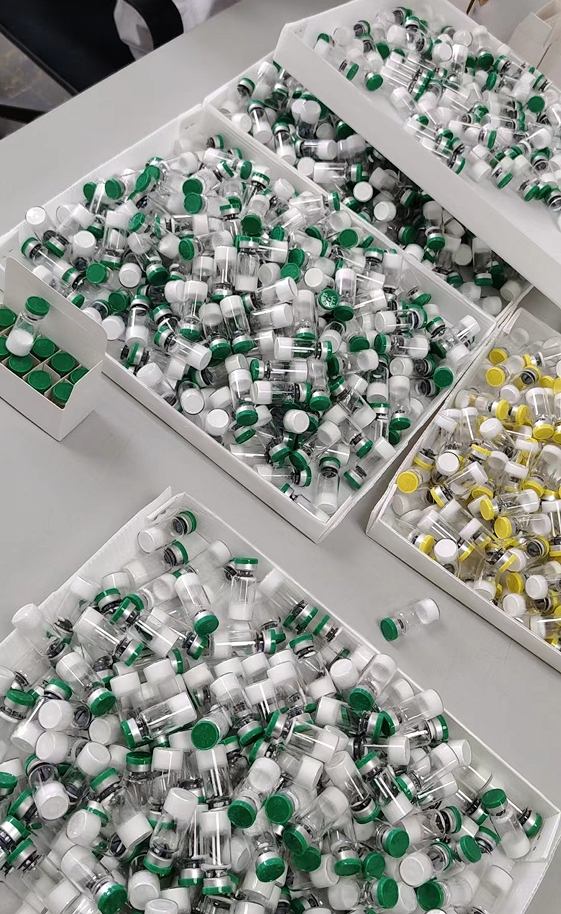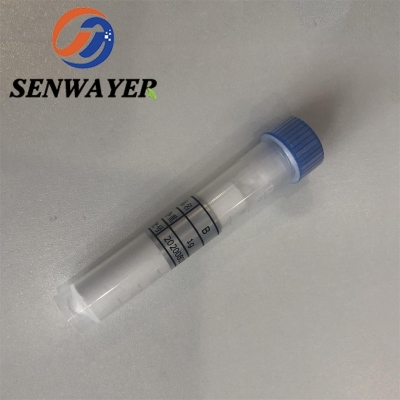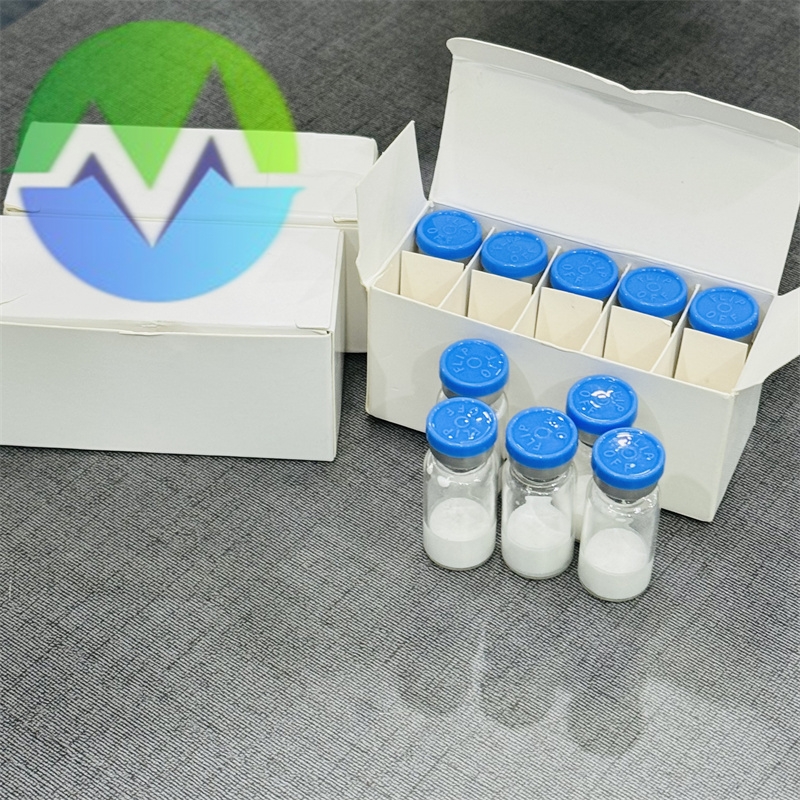[peptide class] lowering blood glucose of peptide's physiological function series
-
Last Update: 2019-08-09
-
Source: Internet
-
Author: User
Search more information of high quality chemicals, good prices and reliable suppliers, visit
www.echemi.com
Diabetes is one of the most important chronic diseases threatening human health According to the latest statistics of the International Diabetes Association, up to 2013, the number of diabetics in adults aged 20-79 has reached 382 million, and the prevalence rate has reached 8.3% Among these people who have diabetes, 175 million have not been diagnosed It is estimated that there will be 592 million people suffering from diabetes in the world by 2035 Diabetes is a group of metabolic diseases characterized by hyperglycemia Hyperglycemia is caused by the deficiency of insulin secretion or the damage of its biological function, or both The typical symptoms of diabetic patients are more than three, more drinking, more eating, more urine and weight loss Diabetes will also have a chain reaction, which will lead to the disorder of metabolism of fat, protein, water and inorganic salt in patients with diabetes At the same time, the disorder of metabolism of protein may occur in patients with diabetes, which makes it difficult to synthesize protein in the body, resulting in the lack of protein, the decline of body strength and the susceptibility to various infections In fact, insulin is an endogenous bioactive peptide There are also many exogenous active peptides with obvious hypoglycemic function Balsam pear, for example, has good hypoglycemic properties, especially for the treatment of type II diabetes The main Hypoglycemic Active Components of Momordica charantia are peptides and alkaloids, such as peptide-p, peptide-k and momordoside Scientific research has proved that the occurrence of diseases is caused by cytopathy Diabetes plagues hundreds of millions of hyperglycemia patients in China Its pathology is mainly the degradation of islet cell function, the inability to secrete insulin, the rise of blood sugar in patients, leading to various complications Small molecule active peptide can be directly combined with islet cells, on the one hand, it can enhance the vitality of islet cells, on the other hand, it can self build new islet cells, promote the secretion of insulin, regulate the metabolism of sugar, fat and protein, solve the problem of high blood sugar in diabetic patients from the root, and realize the control and rehabilitation of diabetes At the same time, for the chain reaction caused by diabetes, peptides are suitable for people with low immunity, rich in arginine and glutamic acid, which can increase the volume and health of thymus, an important immune organ of the human body, and enhance immunity; when a large number of viruses invade the human body, glutamic acid can produce immune cells and repel the virus.
This article is an English version of an article which is originally in the Chinese language on echemi.com and is provided for information purposes only.
This website makes no representation or warranty of any kind, either expressed or implied, as to the accuracy, completeness ownership or reliability of
the article or any translations thereof. If you have any concerns or complaints relating to the article, please send an email, providing a detailed
description of the concern or complaint, to
service@echemi.com. A staff member will contact you within 5 working days. Once verified, infringing content
will be removed immediately.







